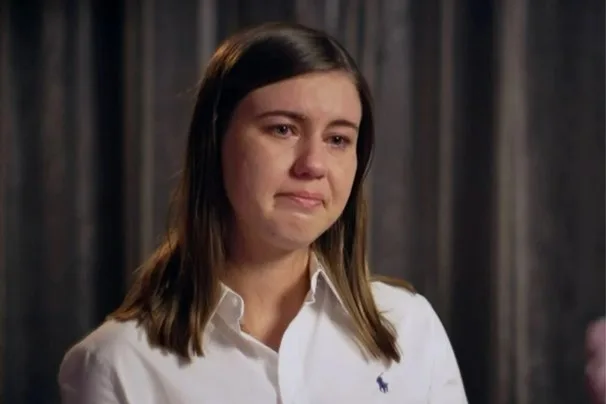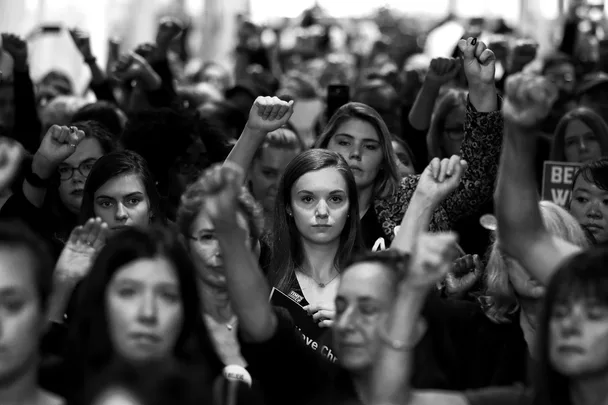This week, the story of Brittany Higgins—a former Liberal party staffer who alleged she was raped by a colleague in 2019 at Parliament House—saw outrage from the Australian public as we questioned the actions of the Liberal party in its handling of Higgins’ report of the incident. Prime Minister Scott Morrison added to the controversy when he apologised to Higgins yesterday—only after his wife compared her to their own daughters. God forbid, men should only feel empathy in the context of women who are important to them.
It’s women such as Higgins that allow the conversation to push forward, and their bravery doesn’t go unnoticed. But what we need to stop assuming is that someone coming forward with their story means that they are then obligated to continue telling that story, repeatedly.
Higgins story will see monumental changes in the way sexual violence is handled by the Liberal party, and likely lead to a revision in policy within other companies, too. But it is her story to tell, and her choice as to when she tells it. It’s the expectations we place on survivors that needs to stop.

Upon releasing their debut book in 2020, The Space Between, one half of the Shameless podcast, Michelle Andrews, chose to bravely share her story of sexual assault. She was raw and honest in her essay, but also blatantly told listeners that the story she chose to tell in the book, and in the one-off segment on their podcast, would be the only time she’d discuss it for the sake of her own mental wellbeing.
But on Tuesday night Michelle released a statement after fans of her podcast wanted—no “demanded”—her opinion on Higgins coming forward.
“Why do you feel like you have to demand it of me to speak on it, though?” Andrews wrote. “Truly—what do you get out of implying that I’m not doing my job unless I speak about a political rape story on my *celebrity and pop culture podcast*?”
Andrews’ decision should be called into question. Frankly, it’s one we should respect—her story isn’t our story. Speaking about trauma once is difficult enough, continually referring to it is not something every survivor can go through, nor should they ever feel they have to.
In the same week that Higgins shared her story, the same week Andrews was being implored to respond—actress Mandy Moore took to Instagram to speak out after a publication refused to interview her unless she spoke on her past history with an abusive partner.
“When [the publication] were told that I had spoken plenty about a certain subject in my life and would have no further comment (truly there are countless interviews they could pull from, that story is over and there’s nothing more to say), this was the response we got back,” the actress wrote.

One quick Google search of Moore brings up plenty of instances where she’s candidly spoken of her experience, including her involvement in an extensive New York Times investigation. Why should we expect her to add more to a story she’s already told?
“The refusal to interview someone unless they agree to relive that trauma publicly? No thank you,” she added.
While leaning into trauma can help survivors heal, it is not our decision to make for them. Not to mention the difference between reliving a trauma with a trusted confidante or psychologist, compared to sharing painful experiences on a public scale.
It’s important that we remember this—these stories are traumatic. They are experiences that may still be impacting the survivor, and every time the story is told it takes an incredible amount of energy, strength and bravery to do so—in many cases, that’s energy, strength and bravery the individual simply does not have the capacity to give.
It does not make a survivor weak or dismissive if they choose to tell their story once, and once only. And it’s not up to us to decide when and how they will tell it if they choose to.










